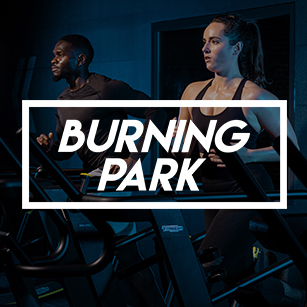Découvre le club Fitness Park Trans-en-Provence situé dans la zone commerciale de Carrefour, à proximité du Decathlon. Réparti sur plus de 1200m², le club t’offre un large choix d’activités et d’équipements Technogym pour t’entraîner efficacement. Que ton objectif soit de prendre du muscle, t’affiner ou te remettre en forme, Fitness Park t’accompagne dans ta réussite personnelle. INFORMATIONS PRATIQUES SERVICES DU CLUB LES POINTS FORTS *En supplément Le club de sport Fitness Park Trans-en-Provence t’accueille sur 1200m² d’espace de pratique : musculation, cardio, cross-training, boxing et powerlifting. Nombreuses machines et équipements Technogym, disponibles en libre accès 7J/7 - de 6h à 23h. Retrouve des coachs sportifs disponibles pour tous tes entraînements. Retrouve un espace de 450m² pour tes séances. La salle est équipée de machines de musculation dernière génération Technogym et Hammer Strenght pour dépasser tes limites lors de tes entraînements. Nos machines de fitness à charges guidées te permettent d’évoluer pour atteindre tes objectifs de musculation. Progresse avec une préparation physique millimétrée, dans un espace conçu parfaitement pour tes séances de musculation. Retrouve des équipements de musculation à charges libres performants pour développer ta masse musculaire. Travaille l’ensemble du corps et améliore ta condition physique générale dans l’espace dédié aux entraînements cardio fitness. Entraîne-toi pour te remettre en forme, dépenser un maximum de calories, perdre du poids et développer ton endurance. Nous mettons à disposition les meilleurs équipements de fitness et de cardio Technogym pour atteindre tous tes objectifs sportifs : rameurs, vélos elliptiques, simulateurs d’escaliers ou encore tapis de course. Travaille ton cardio, tes cuisses, ton endurance, ta souplesse ou encore tes abdos grâce aux cours collectifs vidéos accessibles en libre-service sur écran géant. Varie tes trainings et progresse à ton rythme grâce à une gamme de cours collectifs diversifiées. Avec ton abonnement Fitness Park, tu peux accéder en illimité à tous les cours. Enchaîne muscle-up et sit-up à force de détermination et d'abnégation. Créer des programmes d'entraînement personnalisés et réveille l'athlète qui sommeille en toi. Nous mettons à disposition et en libre accès, une box pensée pour pratiquer le cross-training en illimité. Retrouve barres de traction, kettlebells, rack à squat, TRX, box jump, wall-balls et powerbag pour des séances de cross-training intenses et variées. Mélangeant musculation, haltérophilie et mouvement de gymnastique, le cross-training ne t’offre pas moins de 50 exercices différents pour brûler des calories et développer tes muscles. C’est la discipline par excellence pour une préparation musculaire et cardio à haute intensité. Quel que soit ton niveau, le cross-training est accessible à tous. Adapte tes séances d'entraînement selon tes objectifs. Accessible à tous, cette discipline te permet d'améliorer ta condition physique et tes performances rapidement. Cet entraînement RPM de haute intensité est rythmé par une ambiance sonore qui t’accompagne pendant l’effort, idéal pour te motiver. Dépense calorique et dépassement de soi garantie : le biking est conçu pour brûler un maximum de graisses en un temps record : 600 calories/45 minutes. Défoule-toi et renforce tes capacités cardio-vasculaires au rythme de la musique. L’espace powerlifting est conçu pour les athlètes qui cherchent à repousser leurs limites. Retrouve des équipements de haute performance pour tes entraînements : racks de powerlifting, barres d'haltérophilie et disques de la marque Eleiko. Nous proposons dans tous les clubs Fitness Park un espace Musculation, Cardio & Cross-Training afin que tu puisses venir t'entraîner dans les meilleurs conditions. Fitness Park te propose plusieurs offres au choix dès 19€/ 4 semaines* : Avec ou Sans Engagement avec l'offre classique, Access + et Ultimate et l'offre Jeunes. Découvre-les ! SALLE DE SPORT Trans-en-Provence
Musculation, Cours-collectifs, Cross-Training, Biking & Cardio-Training
06:00 - 23:00
09:00 - 21:00Fitness Park Trans-en-Provence
Club de sport, fitness & remise en forme
Climatisation
Casier de recharge téléphonique
Douche individuelle
Produit désinfectant
Distributeur automatique
Musculation
Cardio training
Biking
Cours vidéo
Cross training
Burning Park*
Hydromassage*
Boditrax*
Water Station
Plateforme Oscillante Sismo*
Equipements haut de gamme
Service de qualité
Libre accès dans tout le réseau
ACTIVITÉS
Espace Musculation
Conçu pour développer ta force
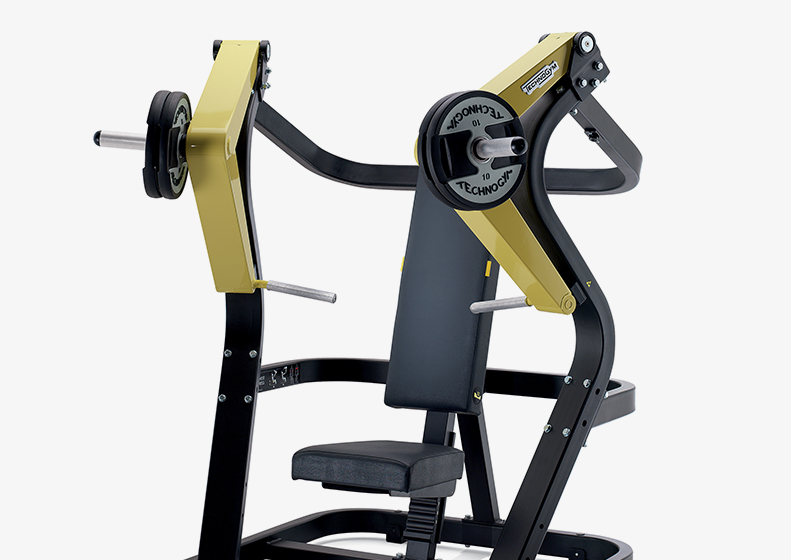
Espace cardio-training
Idéal pour te remettre en forme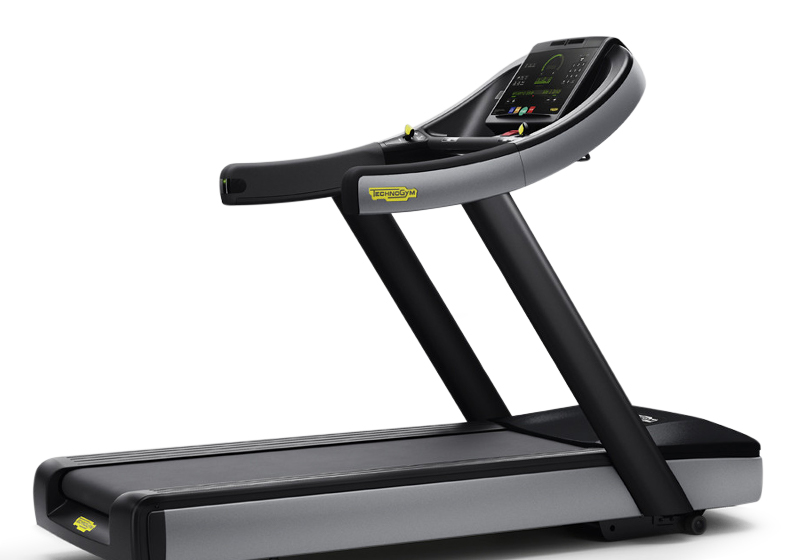
Espace Cours Collectifs
Plus de 160 cours disponibles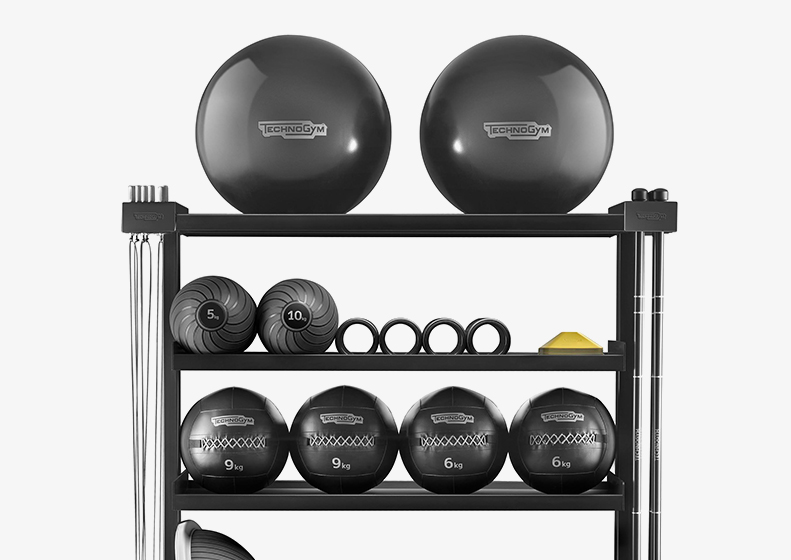
Espace Cross-Training
Repousse tes limites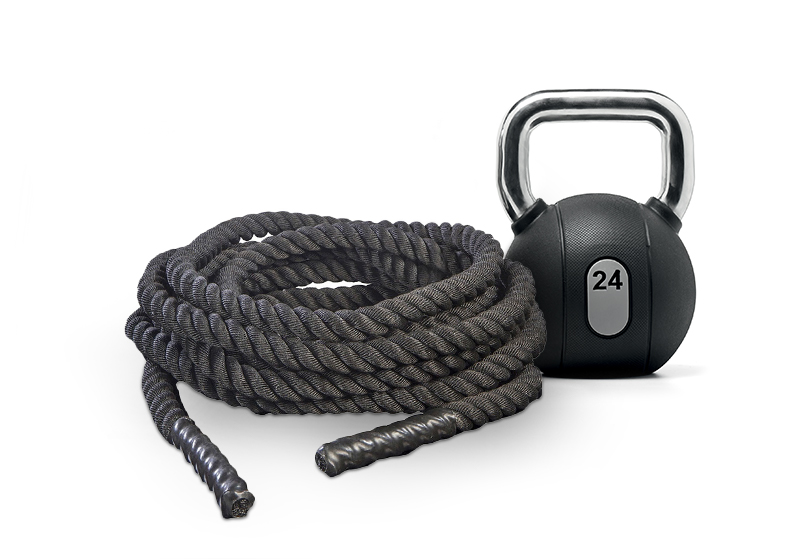
Espace Biking
Haute intensité assurée
Espace Powerlifting

Questions &
RéponsesQuelles sont les activités proposées dans les clubs Fitness Park ?
Quelles sont les offres proposées dans les salles de sport Fitness Park ?
Pourquoi s’entraîner
chez nous ?
Fitness Park, la marque de fitness préférée des Français*
Un réseau de plus de 260 salles en France et à l'étranger
Espaces Cardio-Training, Musculation libre et guidée
Une communauté de passionnés !
Cage de Cross-Training et accessoires complets
Matériel haut de gamme et connecté
Cours collectifs vidéo exclusifs
Wifi gratuit
* Offre non cumulable valable pour toute souscription à un abonnement classic avec engagement d'un an soit 13 périodes de 4 semaines, hors l'adhésion de 30€ à l'inscription et la participation au renouvellement matériel de 9€ à régler une seule fois.
 Offre spéciale : Les 4 premières semaines à 19€
Offre spéciale : Les 4 premières semaines à 19€






